Enterprise Resource Planning (ERP) systems offer supply chain professionals benefits such as streamlined operations, improved visibility, and enhanced decision-making.
Despite these advantages, Gartner reports that 55-75% of ERP projects either fail or fall short of their intended objectives. Supply chain management is a complex area that demands accurate data and insights for fast, agile decision-making.

Let’s explore some ERP limitations impacting supply chains.
1. Lack of Specialized Functionality: ERPs, designed for various business functions, lack specialized features tailored to the unique needs of supply chain professionals.
2. Limited Supply Chain Visibility: While ERPs centralize data, they may not always provide real-time visibility into inventory levels, demand forecasts, transportation status, and supplier performance – crucial insights for supply chain professionals.
3. Inflexibility and Customization Challenges: ERPs can be highly complex and rigid, making it challenging to customize or adapt them to meet evolving supply chain needs. Supply chain professionals often require agility and flexibility to respond to changing market dynamics, adopt new technologies, and optimize processes. ERPs that lack customization options can restrict their ability to address specific supply chain challenges.
4. Integration Issues: ERPs struggle to seamlessly integrate with external systems and partners, resulting in information gaps and manual workarounds that disrupt supply chain efficiency.
5. Inadequate Analytics and Reporting Capabilities: ERPs may lack advanced analytics and customizable reporting options, limiting the ability to analyze data, identify trends, and derive actionable insights for continuous improvement.
6. Complex Implementation and User Adoption: ERP implementations, resource-intensive and disruptive, may pose challenges for supply chain professionals. Challenges include data migration, training, and change management. Ineffective management can hinder user adoption, limiting system effectiveness in supporting supply chain operations.
Organizations can enhance ERPs with specialized supply chain software or integrated platforms for dedicated functionality.
Take The Owl Solutions for example. We are a supply chain performance platform that collects, and harmonizes all the data points in your organization into one location in the cloud. The dashboard is user-friendly, and it’s up and running within a matter of weeks.
The cost and speed to market are more reasonable than developing internal tools. We conduct monthly reviews, aligning key objectives with expected business outcomes.
If you’re in search of a cost-effective solution requiring no technical expertise, contact us. Our solution can be up and running within a few weeks.
These solutions are tailored to the specific needs of supply chain professionals. They offer enhanced capabilities, including greater visibility, agility, and analytical features to drive excellence in supply chain management.
